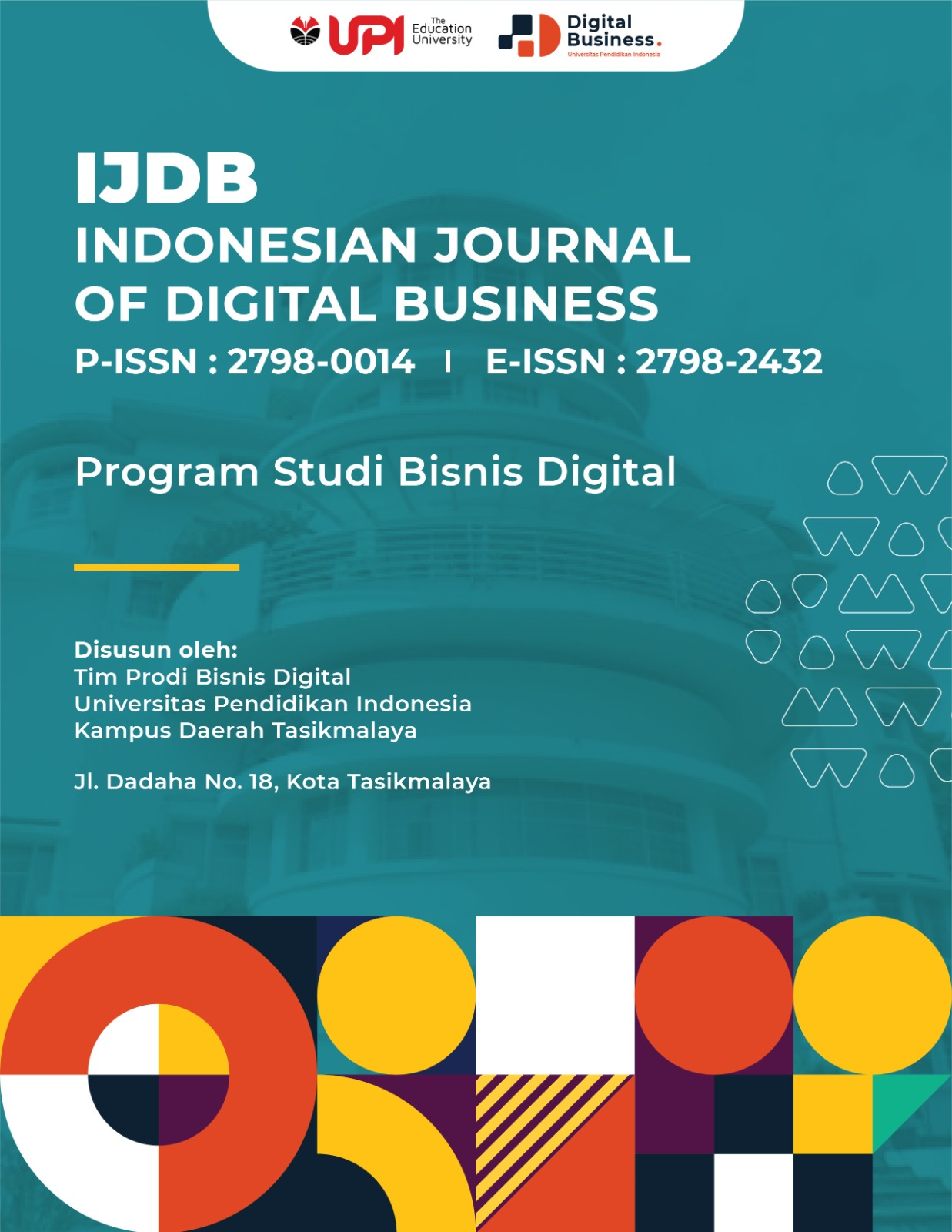Work-Family Balance and Remote Working among Women in Nigeria during Covid-19 Pandemic
Abstract
Organisations face the challenge of establishing ways to mitigate the negative effects of work during coronavirus or Covid-19 pandemic. As a result work-family balance was disrupted and negatively affected the employees’ well-being especially working women. Against this backdrop, this study examined work-family balance of women working from home during covid-19 pandemic. Cross sectional research design was employed and data were collected via a survey of 126 from medical, education, banking, and finance and service sectors in Nigeria. The 126 women were selected using simple random sampling technique and data collected was analysed using simple percentage. The study revealed that women were satisfied by working remotely during the Covid-19 pandemic. The study recommends among others that organisations and government should develop and implement work-family balance policies that would promote the increasing use of remote working arrangement with special reference to working women.
Keywords
Full Text:
PDFReferences
Adeola, M. M., and Adebiyi, O. S. (2016). Employee motivation, recruitment practices and banks performance in Nigeria. International Journal of Entrepreneurial Knowledge, 2(4), 70 - 94.
Bhumika, A. (2020). “Challenges for work-life balance during covid-19 induced nationwide lockdown: Exploring gender difference in emotional exhaustion in the Indian setting”. Lucknow: Emrald Publishing Limited.
Chung, H., and Lippe, T. (2020). “Flexible working, work-life balance and gender equality: Introduction”. Social Indicators Research, 151, 365-381.
Ekwoaba, J. O., Ikeije, U. U. and Ufoma, N. (2015).The impact of recruitment and selection criteria on organizational performance. Global Journal of Human Resource Management, 3(2), 22 - 33.
Naveen, S., and Raju, D. N. M. (2014). A study on recruitment & selection process with reference to three industries, cement industry, electronics industry, sugar industry in Krishna DtAp, India. IOSR Journal of Business and Management, 15(5), 60 - 67.
Okolie, U. C., and Irabor, I. E. (2017). e- Recruitment: Practices, opportunities and challenges. European Journal of Business and Management, 9(11), 115 – 122.
OZimek, A. (2020). “The future of remote work”. retrieved from http//europename.org/article/ppr/ppr242674 on 25th March, 2022.
Palumbo, R. (2020). “Let me go to the office: An investigation in the side effect of working from home on work-life balance”. International Journal of Public Sector Management, 33(6/7), 771-790.
Popovic, V., and Popovici, A. L. (2020) “Remote work revolution: Current opportunities and challenges for organizations”. Economic Sciences Series, 20(1), 468-472.
Yadav, M. J., and Jadhav- Tilekar, S. (2021). “A study of work-life balance of women employees during work from home in the period of Covid-19”. International Journal of Future Generation Communication and Networking, 14(1), 2063-2066.
DOI: https://doi.org/10.17509/ijdb.v3i2.59949
Refbacks
- There are currently no refbacks.
Copyright (c) 2023 Universitas Pendidikan Indonesia (UPI)

This work is licensed under a Creative Commons Attribution-ShareAlike 4.0 International License.
Indonesian Journal of Digital Business is published by Universitas Pendidikan Indonesia (UPI)
and managed by Department of Digital Business
Jl. Dr. Setiabudi No.229, Kota Bandung, Indonesia - 40154
View My Stats



